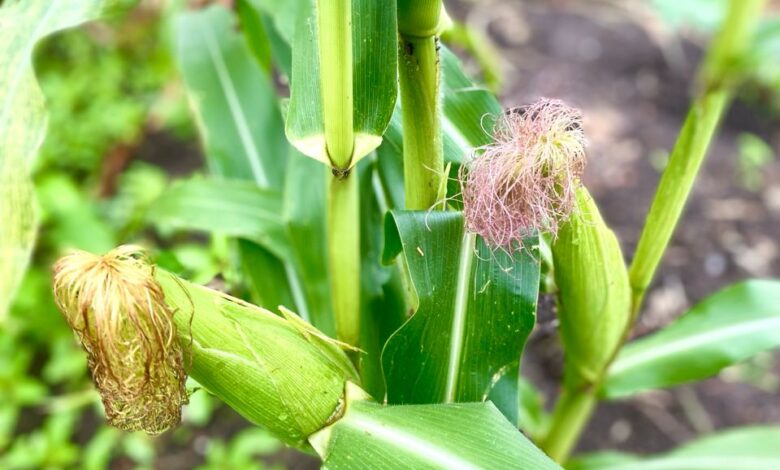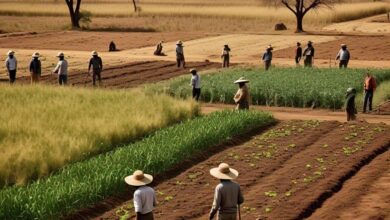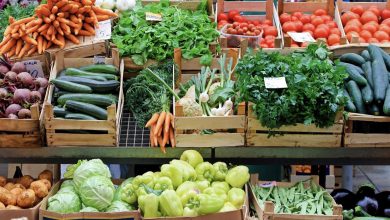Addressing Food Security in Zimbabwe: A Case Study of Maize Production

In Zimbabwe, food security has long been a pressing issue. With the country’s economy grappling with hyperinflation, the cost of staple foods like maize has skyrocketed, making them unaffordable for many families. This situation has led to widespread malnutrition and undermined the health of the nation’s population. Therefore, addressing food supply in Zimbabwe is crucial.
The Role of Maize in Zimbabwe’s Economy
Maize holds a significant place in Zimbabwe’s economy. It is the country’s primary food source, contributing significantly to the livelihoods of millions of people. However, its production has been hit hard by climate change, leading to erratic yields and increased costs. This challenges food security in Zimbabwe as it is the nation’s staple food. In recent years, Zimbabwe has experienced severe droughts that have severely affected maize production. This has further exacerbated the food security crisis in the country. Also, the nation is looking to grow its economy with agriculture. Therefore, successful maize production may aid in boosting the economy by cutting down on maize imports.
Climate Change and Its Impact on Maize Production
Climate change poses a major threat to food security in Zimbabwe. Changes in rainfall patterns, temperature fluctuations and extreme weather events have led to unpredictable maize yields. Droughts, in particular, have had devastating effects on the crop. These changes pose a significant challenge to farmers, who rely heavily on maize for their income. The current planting season is under El Niño which will have a negative effect on harvest. Furthermore, climate changes also impact the nutritional value of the maize, leading to malnutrition among those who depend on it.
The Need for Sustainable Agricultural Practices
Additionally, addressing food security in Zimbabwe requires the adoption of sustainable agricultural practices. This includes implementing climate-smart agriculture strategies, promoting the use of climate-resilient crop varieties and providing farmers with access to improved farming technologies. Also, such measures could help enhance maize production, thereby mitigating the impact of climate change on food security.
Conclusion
In conclusion, addressing food security in Zimbabwe, particularly in relation to maize production, is a complex issue that requires concerted efforts from various stakeholders. By adopting sustainable agricultural practices and responding effectively to climate change, it may be possible to ensure a reliable supply of affordable and nutritious food for all Zimbabweans.





